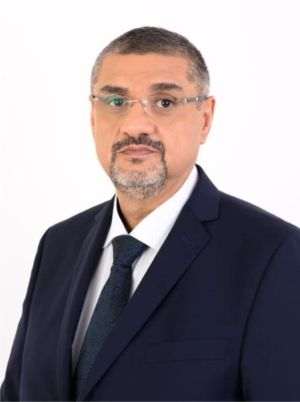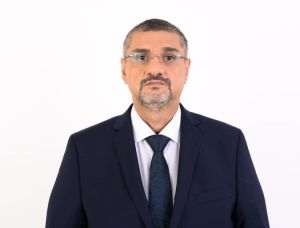Universities will have to be much more strongly connected to the socio-economic environment, there is a need for dialogue with socio-economic partners to identify the needs of a real labor market that can generate the further development of Romania, said the vice-president of the Senate Sorin Cîmpeanu. According to him: "We all believe that together we can protect Romania and that we can do things for Romania, each according to their own powers, according to their own competences and according to their own field of activity. My field of activity was, is and will remain, higher education (...) I really wanted the university that I represent to be a partner in this project. (...) I am firmly convinced that education is the basis of everything and that we want or that we don't want it, whether we like it or not it will be much more digital. Technologies will make their presence felt even more than now. (...) The role of the teacher must change even if it is good to find the right solutions we identify the problem in the correct way, even if there is an inertia, let's not call it resistance, an inertia in the system, the teacher will have to be much closer to what he is a mentor for his students". He added that universities will have to be much more strongly connected to the socio-economic environment: "Important steps have been taken, we have this new form of education, developed in partnership with the economic environment, dual education. I want to tell you that I am in the university environment, and not only, there are colleagues who still have reservations about the necessity and importance of this form of education. I understand their reasons, it is much more... economic and let's give up, not totally, but let's give up a part of that... I avoid the term self-sufficiency, as we, the university environment, know them all. We don't know them all, we need dialogue with the social partners economic to identify the needs of the real market. A real labor market that can generate, as we all want, the development of Romania". He referred to another topic that he considers important, in the current context - that of "microcertifications": "I like to think that we all understand the difference between generations, we understand the good points, we also understand the threats. And here I would like to say , in a direct way, that the current generation is more impatient than the generation of many of us. Being more impatient, and it's not necessarily a bad thing, they want to get skills much faster. There are many young people who don't want to to follow a full 4-year, 5-year education plan to obtain a bachelor's or master's degree, there are young people who want to acquire specific skills that will be useful for them in finding a job". Cîmpeanu gave an example from the university he represents, the University of Agronomic Sciences and Veterinary Medicine: "The Faculty of Horticulture has an integrated, solid curriculum, but I met young people who want to obtain a certification in the field of oenology, they want to have competence in viticulture, winemaking. There are others who want to have competence in floriculture and landscape architecture. In universities, we are not yet prepared for these things and, of course, there was that inertia that interest in promoting integrated education plans, in which each teacher has his own way of capitalizing on his own skills, but we must start from the idea that there are also young people who are not interested in the whole, even if we support the importance of the whole that -they offer you a bachelor's degree, a master's degree or a doctorate, which require specific skills, and these are the microcertifications that we should all encourage and support, because these skills are needed on the labor market. . He also referred to the importance of connecting Romanian universities with the international academic and business environment, as well as to the continued support of universities from the Republic of Moldova during European integration.
Higher education, forced to adapt to socio-economic needs
O.D.
English Section / 9 octombrie 2024

Photo source: Facebook/ Sorin Mihai Cimpeanu


















































